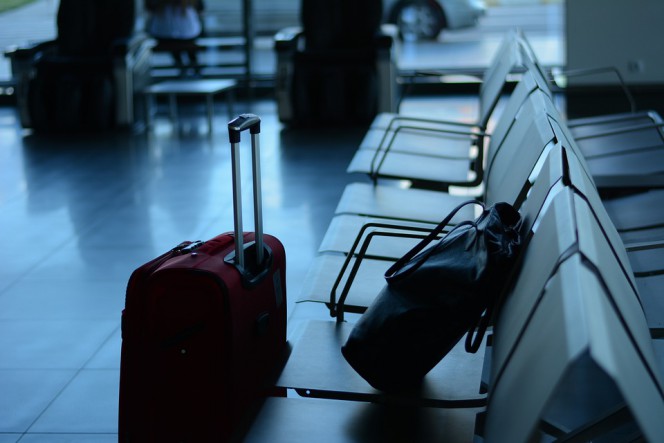Overcoming the silence – the anxiety of speaking up in aviation
In high-stakes environments like the aviation industry, silence can be fatal. Professionals in air traffic control towers, cockpits, and maintenance hangars negotiate a thin line between convention, hierarchy, and the unspoken need to conform. Though often overlooked, the fear of speaking up is a persistent and sometimes neglected issue in the aviation sector, despite its focus on safety and error management.
Precision and discipline drive aviation. However, especially when raising safety-related concerns or operational risk factors, this attitude can become a barrier to genuine engagement. Psychological obstacles, such as fear of retaliation, shame, and the bystander effect, often deter professionals from speaking up when necessary.
Many aviation professionals may hesitate to voice concerns due to fear of punitive action or damage to their reputation. In hierarchical environments, deference to seniority can stifle important discussions. The Korean Air Flight 801 disaster in 1997 exemplified these issues, revealing that the captain, scheduled for a longer flight, was reassigned to a shorter one due to insufficient rest. He expressed fatigue during the flight, and despite the flight engineer’s warning about incorrect Instrument Landing System signals, the captain continued the descent.
This disaster marked a significant turning point for the aviation industry. In response, aviation safety measures were greatly enhanced to prevent similar catastrophes. These improvements included stricter criteria for crew training, chart accuracy, and flight planning. By addressing these issues head-on and fostering an environment where all professionals feel safe to speak up, we can continue to improve aviation safety and prevent future tragedies.
Crew Resource Management (CRM) was further strengthened to address communication breakdowns in the cockpit. In air traffic management, this concept is known as Team Resource Management (TRM). Both CRM and TRM advocate for a shift from rigid hierarchies to team-based decision-making, where open criticism and inquiry are encouraged. The 1977 Tenerife Airport Disaster, the deadliest aviation catastrophe in history, was a catalyst for this change. Miscommunication and failed assumptions led to this tragedy, underscoring the critical need for effective communication and teamwork.
Despite these training programmes, some sectors within organisations still fear speaking up. This highlights the ongoing importance of these programmes and the need for their universal embrace within the organisation. By fostering an environment where every voice is heard and valued, we can continue to enhance aviation safety and prevent future disasters. Addressing this issue requires a fundamental change in aviation culture, where openly expressing concerns is not only encouraged but expected. Effective teamwork and decision-making rely on psychological safety-an environment where individuals feel they can share their worries without fear of punishment or embarrassment.
Aviation executives must actively promote and practice open communication. When senior professionals acknowledge their own mistakes and seek advice from junior team members, they set a strong example that encourages others to speak up. Organisations should move away from blame and punishment, adopting a “just culture” that emphasises learning from errors. This strategy allows individuals to report safety concerns without fear of reprisal, thereby enhancing their sense of safety.
While personal communication is often the most effective method, anonymous reporting systems can help staff overcome initial hesitations and ensure that safety issues are addressed.
In the aviation industry, remaining silent is not an option. For individuals to feel comfortable speaking up, there must be a supportive platform that protects them from negative repercussions. Fostering a culture where concerns are openly expressed and welcomed can help prevent accidents before they occur.
The fear of speaking out can jeopardise safety, and in an industry where lives are at stake, a culture of psychological safety is essential. By breaking the silence, alerts about potential issues can be raised long before they lead to failures.
Matita Tshabalala is a registered Organisational Psychologist (HPCSA) and an esteemed member of the European Association of Aviation Psychology, where he is affiliated as a Human Factors Specialist and Aviation Psychologist.




